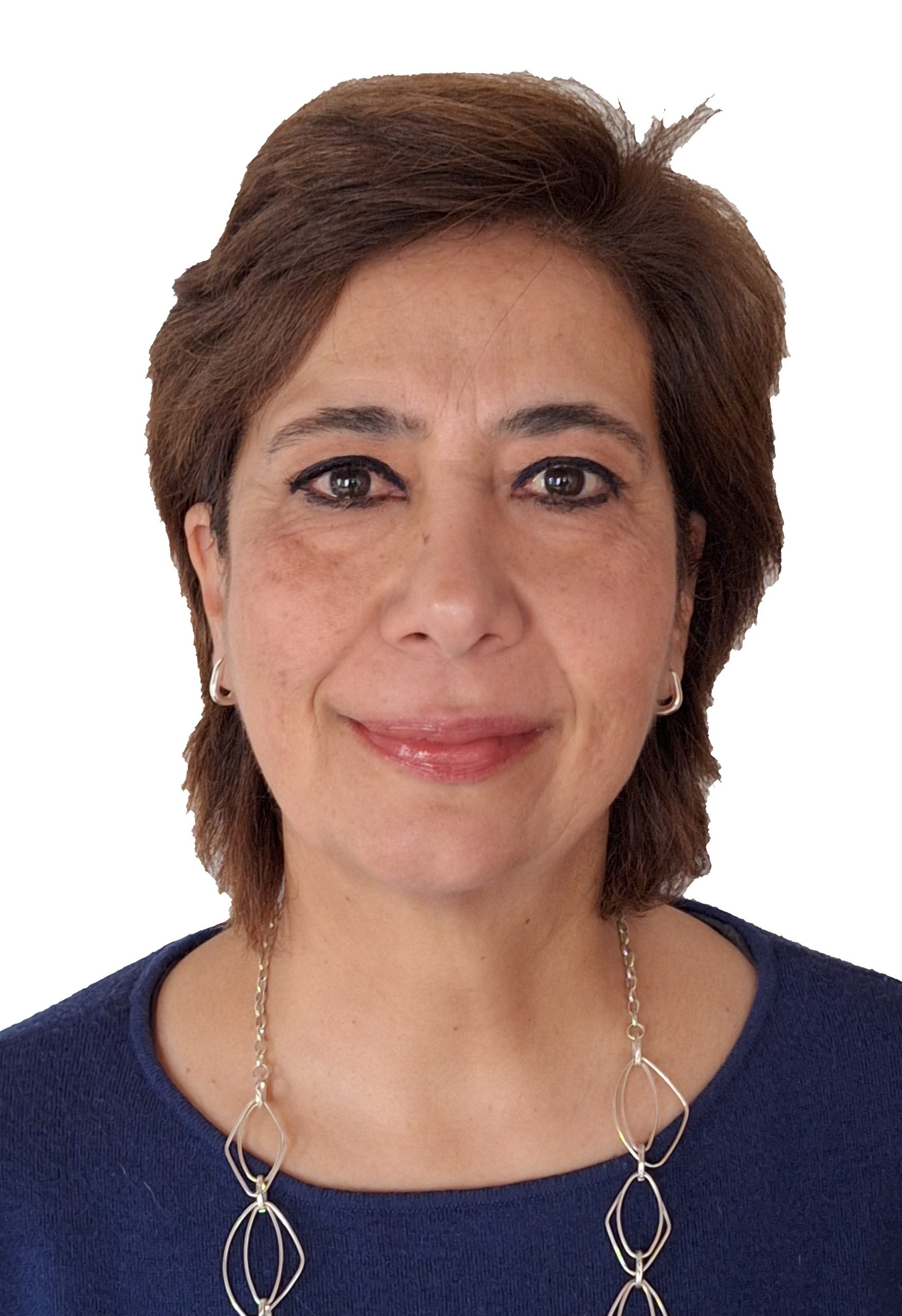
EDUC 430: Human Development in Culture
Important Note: This course is cross-listed with PSYC 430 and SOC 430. This course was formerly PYHD 430.
Course Description and Objectives
This course provides with understanding on how people grow, develop and adapt at different life stages. Students will be introduced to theories related to human development (i.e., normative physical, intellectual, cognitive, emotional, and social development of personality) and the impact of culture on it. Developmental psychology aims to research how humans learn, mature and adapt to their environment in order to promote the expression of their potential. Students will be encouraged to carry out some academic social research in order to apply theoretical knowledge in a natural environment.
In studying this subject, students will be given the opportunity to reflect on the notion that even though individuals and groups of individuals differ from each other, some ideas, values, and behaviors may be universal and shared by all humans in all cultures (e.g., the capacity to learn a language, raise children, and fall in love). In particular, they will apply this reflective process to their own cultural experiences and personal development while in Italy. This course is ideal for students majoring in psychology or education.
Course Objectives
In this course, you will:
- relate theoretical models to everyday experiences and real life examples;
- gain a deeper knowledge and understanding of the Italian Culture;
- learn ways of integrating with different cultures; and
- understand the implications of growing in a multi- cultural society.
Service Learning Project
You will investigate the principles and psychological outcomes of the Italian, Montessori, and American education systems through theoretical and direct experience in the Italian classroom setting. The class will first visit a Montessori elementary school in Perugia to observe classroom organization, style, and activities as well as interactions among students and teachers, which will be used as a mode of gathering data for an ethnographic research project on the implicit school curriculum. For the second visit, you will prepare and lead English language activities in the classroom collecting information on students’ responses and interactions while teaching the language.
Course Materials
Mandatory course reader including:
- Heine, S.J. (2008), Cultural Psychology . New York: W.W. Norton & Company
- De Vijver, F.J.R., Chasiotis, A. & Breugelmans, S.M. (2011). Fundamental questions of cross-cultural psychology. Cambridge: Cambridge University Press
- Rogoff, B. (2003). The cultural nature of human development. New York, US: Oxford University Press
- Matsumoto, D. & Juang, L. (2004). Culture and Psychology, 3rd Edition. Belmont, CA: Wadsworth/Thomson Learning
- Gannon, M.J. & Pillai, R. (2012). Understanding Global Cultures: Metaphorical Journeys Through 31 Nations, Clusters of Nations, Continents, and Diversity. Thousand Oaks, US: SAGE Publications, Inc.]
